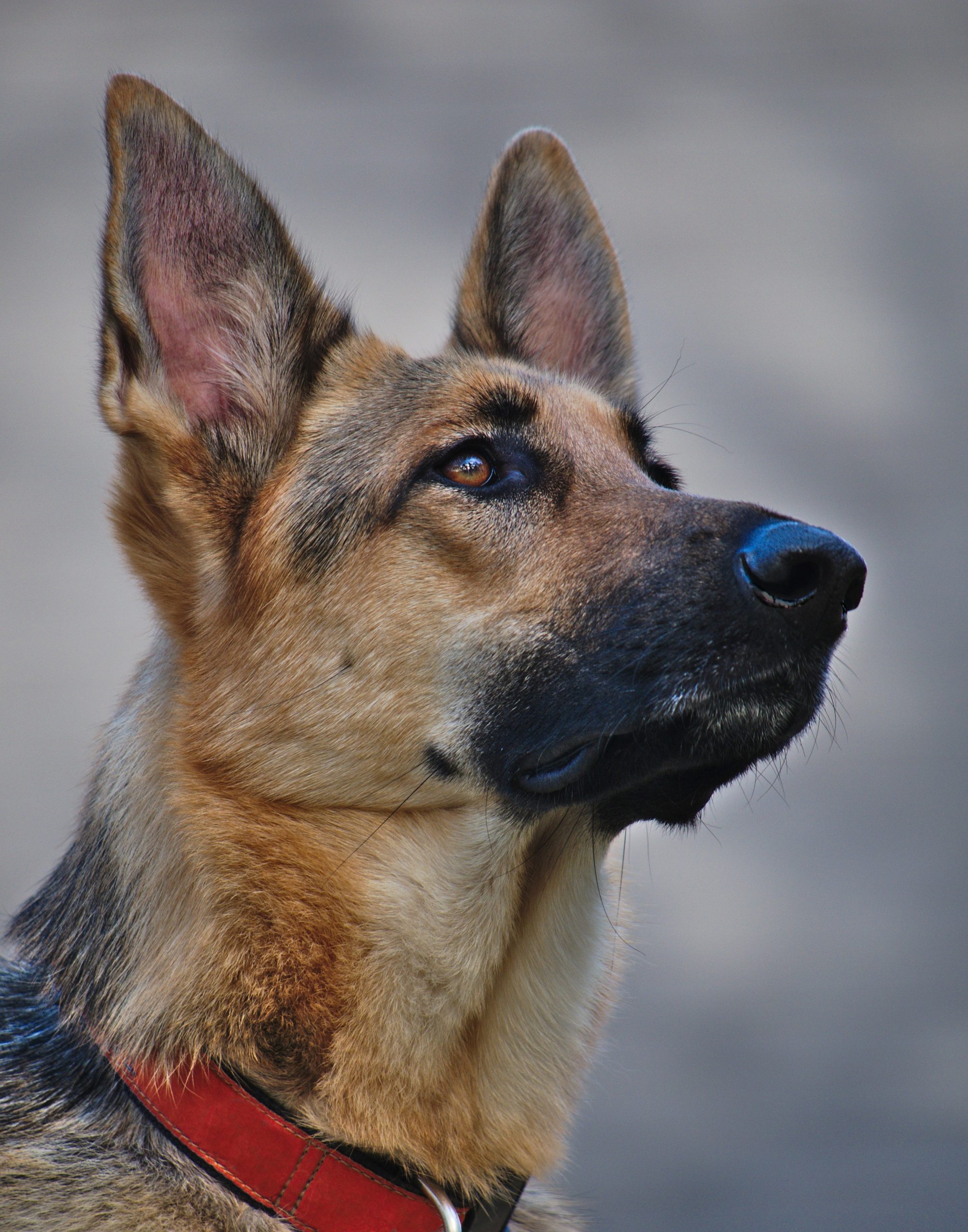Just like us humans, dogs are prone to picking up respiratory infections that result in illness.
If your dog is showing signs of a persistent cough then chances are it could be kennel cough.
In this post we’re going to examine what is kennel cough, how to detect it and how to treat it.
So, let’s dive straight into it.
What Is Kennel Cough?
Kennel cough is a highly contagious respiratory disease also known as canine infectious tracheobronchitis.
The disease is caused by a number of different bacteria or viruses- often an amalgamation of the two.
It’s often spread through airborne particles, direct contact or contaminated surfaces.
It’s highly transmissible and the name is derived from the fact that it spreads quickly in areas where many dogs congregate i.e.: kennels.
The disease is easily treated for most dogs but does pose a risk to puppies under the age of 6 months as well as dogs who are immunocompromised; this is because it can develop into pneumonia.
What Are The Symptoms Of Kennel Cough?
The primary symptom associated with kennel cough is a hacking cough often accompanied by a dry heave afterward. It may sound like something is caught in your dogs throat.
Other symptoms to watch out for include:
- Runny nose
- Lethargy
- Loss of appetite
- Sneezing
While the symptoms of kennel cough can be mild, AKC say, “The canine distemper virus and canine influenza virus both start off with symptoms nearly identical to kennel cough,” he said. Other conditions that can cause coughing include a collapsing trachea, bronchitis, asthma, and even heart disease.
So, call your vet just to get their expert consultation.
Kennel Cough Prevention & Treatment
Prevention
There are many different strains of kennel cough so it’s possible for your dog to get it more than once.
Early vaccines and boosters protect against some of the infections that carry the virus, however, the most common bacteria present in kennel cough is Bordetella Bronchiseptica, which can be given as a supplementary vaccine – through either injection or nasal drops.
The vaccines don’t offer 100% immunity but they will help lessen the effects of the virus should your dog catch it.
The vaccinations generally offer around 12 months worth of protection.
Treatment
In most cases, it generally takes about three weeks for kennel cough to run its course.
Make sure your home is well ventilated to aid in reducing coughing.
Also it’s recommended to use a harness rather than a lead and to minimize collar time for your dog as this irritates the trachea and can cause more coughing fits.
Your vet may issue a course of antibiotics to mitigate against secondary infections.
You may also get cough suppressants and anti-inflammatories to aid in a smooth recovery for your furry friend.
Final Bark
We all want to see our dogs happy and healthy. Kennel cough may appear bad but it mostly sounds a lot worse than it appears.
Remember to always contact your vet for trustworthy professional advice, they will always lead you in the right direction and prepare you to help your canine companion.
Enjoy this piece? Be sure to check out the rest of our doggy library and join the pack on our journey to finding our more about our dogs one paw at a time.
Join the BusterBox pack today and get a free bed on sign up!




